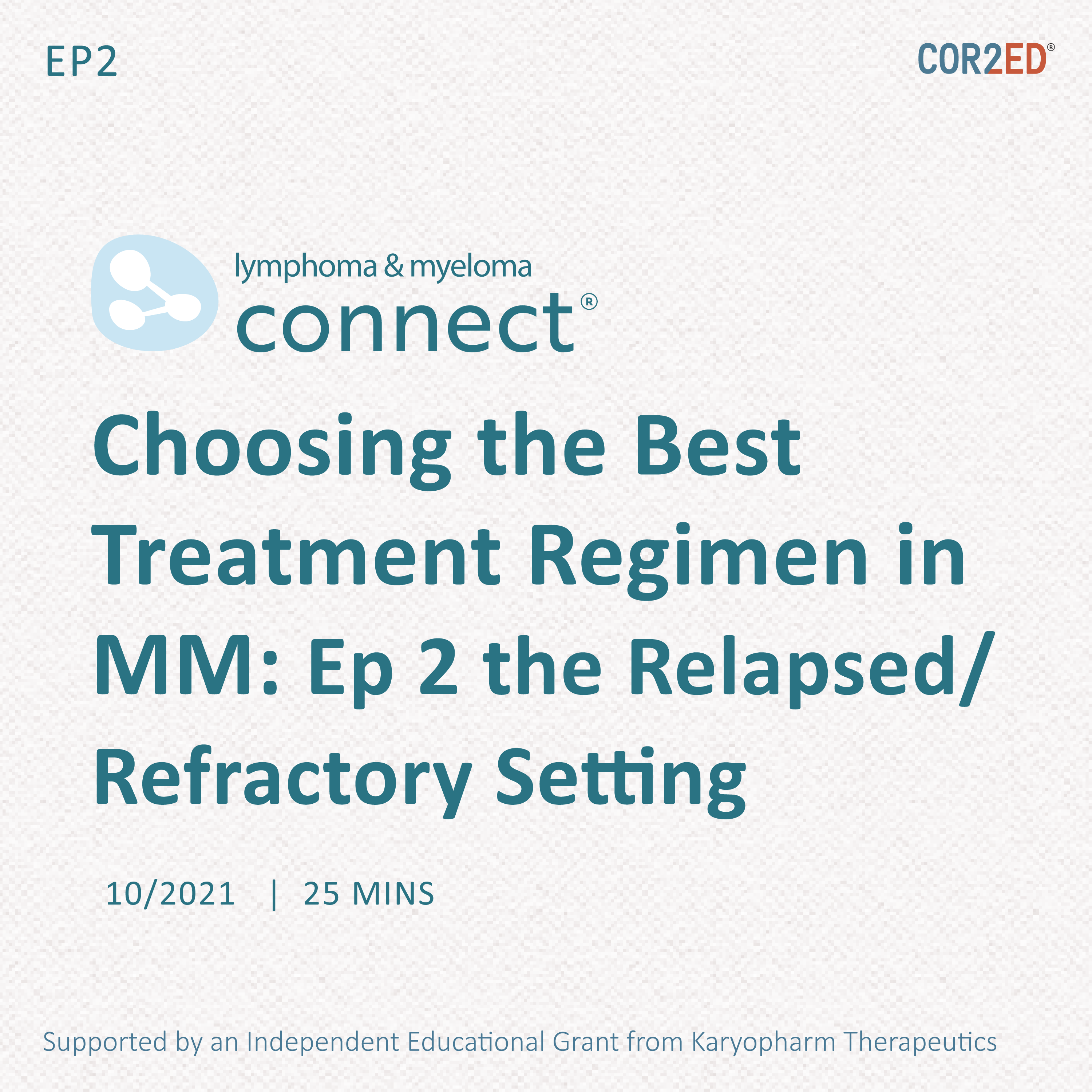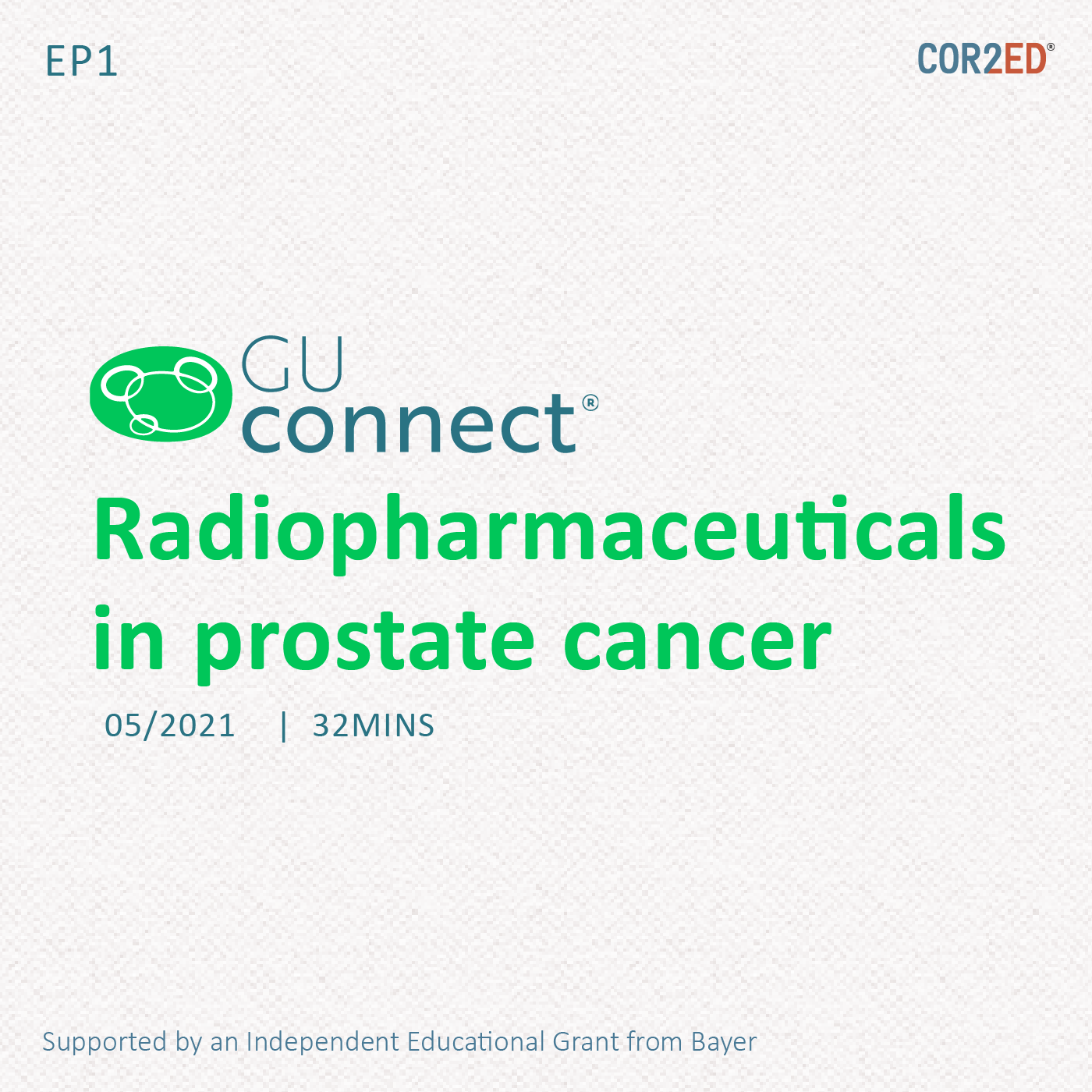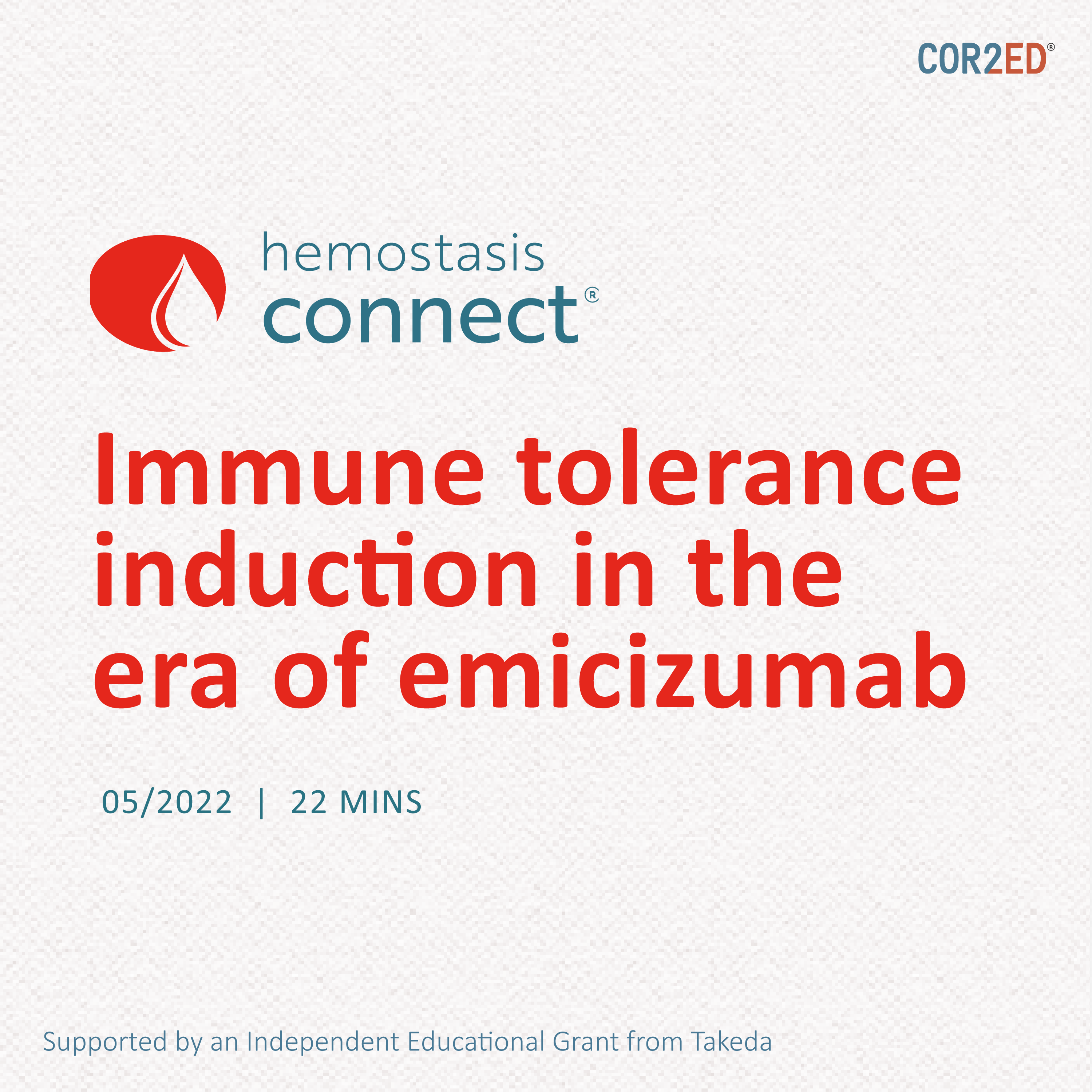In this first episode of a three-episode podcast series, COR2ED and ASBMR have partnered with Professor Anna Teti (University of L’Aquila) to provide rare bone disease highlights from the Rare Diseases Symposium that preceded the ASBMR 2022 Annual Meeting.
Opening with an overview of ongoing clinical research in several rare bone diseases, Prof. Teti highlights the importance of preparing clinicians for unexpected adverse events. Notably, therapies used in the context of rare bone diseases can cause adverse events not seen if a common bone disease was treated. For osteogenesis imperfecta, she discusses a novel treatment based on umbilical cord mesenchymal stem cells. A safety study in 18 paediatric patients – three of whom received a pre-natal injection – is awaiting completion by the end of 2023. Initial safety data suggests that multiple stem cell transplantations in children with this disease is safe. Prof. Teti emphasizes the impact of achondroplasia, the most common rare bone disease, and one for which new treatments are also in development. Pharmacological treatment aims to reduce activity of the pathogenic, overactive variant of FGFR3 which causes the disease. She is confident that a treatment will be found that, at minimum, enhances quality of life in patients. Prof. Teti concludes with a review of the highly collaborative spirit of the Rare Diseases Symposium, emphasizing that patient well-being must be the driving force of research.

In this medical education podcast series, myeloma experts Dr. Karthik Ramasamy (Haematologist and Associate Professor of Haematology at the Oxford University Hospitals in London,...

Dr. Tanya Dorff (City of Hope Comprehensive Cancer Center, Los Angeles, USA) and Dr. Phillip Koo (Banner MD Anderson Cancer Center, Arizona, USA) discuss...

COR2ED Medical Education: In this podcast, two haematology experts discuss their views on the use of immune tolerance induction (ITI) in haemophilia. Prof. Jan...